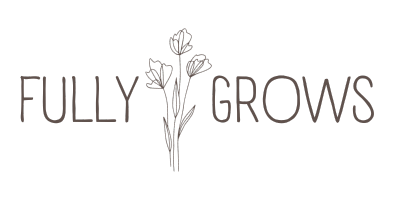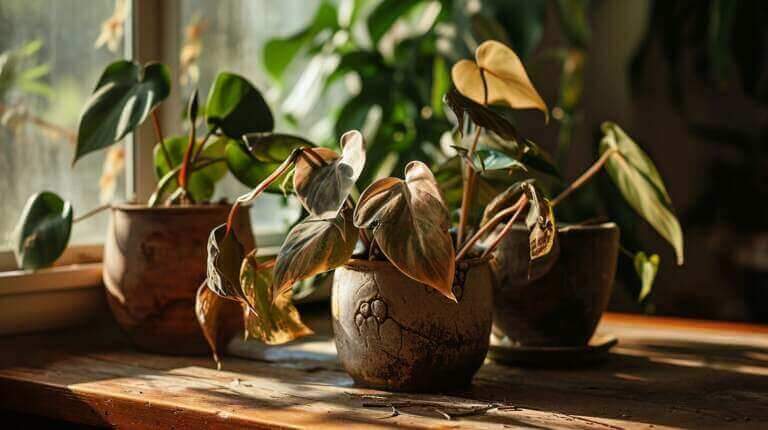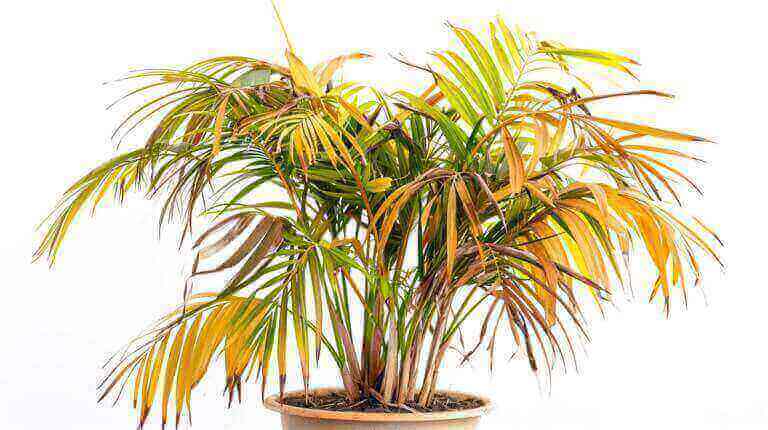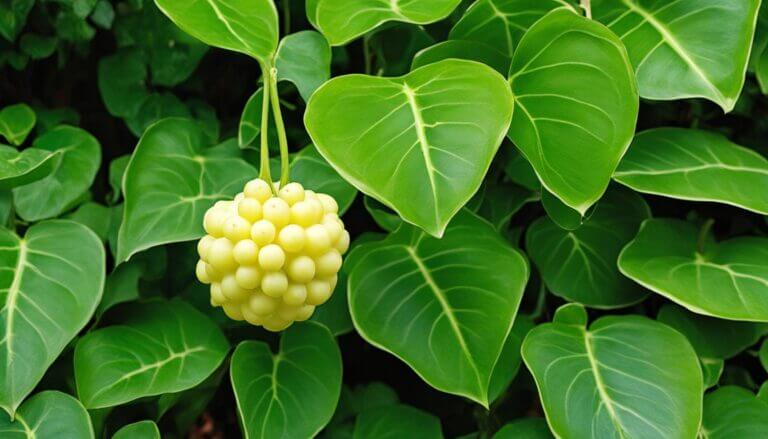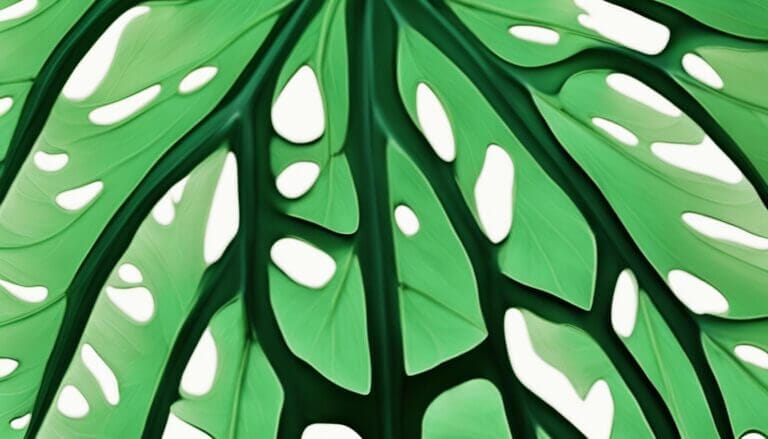Are Fittonia Toxic to Cats and Dogs? Safety Tips for Nerve Plant(Fittonia Albivenis) Pet Owners
Fittonias, also known as nerve plants, are popular houseplants that are often chosen for their attractive foliage. They come in a variety of colors and patterns, including green and pink, green and white, or green and red. Fittonias are easy to care for and can thrive in a variety of conditions. The good news for cat owners is that fittonias are safe for cats. All parts of the plant are non-toxic to cats, meaning they won’t cause any harm if your feline friend decides to chew on the leaves. However, it’s still a good idea to keep the plant out of reach of your cat to prevent any damage to the plant itself. Fittonias are a great choice for cat owners looking to add some greenery to their home without worrying about the safety of their pets.
Key Takeaways:
- Fittonias, also known as nerve plants, are safe for cats and non-toxic to them.
- Keep fittonias out of reach of your cats to prevent damage to the plants.
- Fittonias are a great choice for cat owners wanting pet-safe indoor plants.
- There are many other pet-safe indoor plants to consider, such as African violets, bromeliads, and Boston ferns.
- As a pet owner, create a safe environment by observing your pet’s behavior around plants and providing alternative chewing options.
Are Fittonia Houseplants Toxic to Cats?
Addressing concerns about cat safety
If you are a proud cat owner and a plant enthusiast, it’s natural to have concerns about the safety of your furry friend around houseplants. When it comes to Fittonia houseplants, commonly known as nerve plants or mosaic plants, you can breathe a sigh of relief because these plants are generally safe for cats.
Fittonia plants are non-toxic to cats, which means that even if your curious feline nibbles on the leaves or plays around the plant, it is unlikely to cause any harm. This makes Fittonia a great choice for cat owners who want to add some greenery to their indoor spaces without worrying about their pet’s safety.
Experts agree that Fittonia Argyroneura, the most common variety of Fittonia, is safe for cats. These plants have been extensively researched, and there have been no reports of toxicity to cats or other pets. However, it’s important to note that individual pets may have unique sensitivities or allergies, so it’s always a good idea to observe your cat’s behavior around the plant.
Research and expert opinions
Several studies and expert opinions have confirmed the non-toxic nature of Fittonia plants for cats. The ASPCA (American Society for the Prevention of Cruelty to Animals) maintains a comprehensive database of plants that are toxic to pets, and Fittonia is not listed as toxic or harmful to cats.
Additionally, veterinary professionals and plant experts have confirmed that Fittonia plants pose no significant risk to cats. The absence of toxic compounds in the plants’ leaves, stems, and flowers makes them a safe choice for households with feline companions.
However, it’s essential to remember that while Fittonia may be safe for cats, there are many other common houseplants and garden plants that are toxic and should be avoided. Some popular examples of toxic plants for cats include lilies, pothos, and snake plants. It’s always wise to research and check the safety of plants before introducing them into your home.
Safety tips for nerve plant pet owners
While Fittonia plants are generally safe for cats, it’s still crucial to take some precautions to ensure your pet’s well-being:
- Observation: Observe your cat’s behavior around the Fittonia plant. Some cats may be more prone to nibbling on leaves or playing with plants, which could potentially damage the foliage. If you notice any signs of ingestion or allergic reactions in your cat, such as vomiting or excessive drooling, it’s best to consult with a veterinarian.
- Placement: Consider placing the Fittonia plant in a location that is not easily accessible to your cat. This can help prevent any accidental damage to the plant or ingestion of the leaves.
- Cat-friendly alternatives: If you have concerns about your cat’s interaction with the Fittonia plant, consider providing alternative forms of stimulation and enrichment for your pet, such as cat toys or scratching posts.
- Regular grooming: Keep your cat’s nails trimmed and provide regular grooming to minimize the risk of accidental damage to the plant or ingestion of plant material.
Other Pet-Safe Indoor Plants
If you’re looking for more pet-safe indoor plants to add to your home, there are plenty of options available. In addition to fittonias, there are various other plants that are safe for cats and dogs. These plants not only provide greenery but also help create a pet-friendly environment.
African Violet
African violets are a popular choice among pet owners due to their beautiful blooms and safe nature for cats and dogs. These plants come in a wide range of colors and require minimal care, making them a great addition to any indoor space.
Bromeliad and Aluminum Plant
Bromeliads, including the aluminum plant with its tough and strappy leaves, are another safe option for pet owners. These plants can add a unique touch to your home decor while keeping your furry friends safe.
Other Pet-Safe Plants
There are several other pet-safe indoor plants to consider, such as the sinningia speciosa (gloxinia), boston fern, banana tree, friendship plant, areca palm, lipstick plant, parlor palm, purple waffle plant, polka dot plant, prayer plant, spider plant, royal velvet plant, ponytail palm, echeveria, and haworthia. These plants come in various shapes, sizes, and colors, allowing you to find the perfect fit for your home.
These pet-safe plants not only enhance the aesthetic appeal of your home but also provide a safe and enjoyable environment for your furry companions. Remember to position the plants out of reach of your pets and observe their behavior to ensure their safety.
Tips for Pet Owners
As a pet owner, I understand the importance of creating a safe environment for our beloved furry friends. When it comes to houseplants, there are a few considerations to keep in mind to ensure the well-being of both our pets and our plants.
First and foremost, it’s essential to keep plants out of reach of our pets. By placing them in locations where our curious companions cannot access them, we can prevent any potential chewing, digging, or damage to the plants. This simple step goes a long way in maintaining a harmonious coexistence between our pets and our greenery.
While many plants are safe for our pets, it’s crucial to monitor their consumption of plants. Some pets may have a tendency to nibble on leaves or flowers, which could potentially lead to plant-related health issues. If you notice any unusual behavior or symptoms after your pet has interacted with a plant, it’s best to reach out to your veterinarian for guidance.
Training our pets to avoid chewing on plants is another beneficial approach. By providing alternative chewing options, such as pet-safe toys or designated chew toys, we can redirect their attention away from our houseplants. Consistency in training and positive reinforcement will help them understand what is acceptable to chew on and what is not.
Creating a safe environment not only involves selecting non-toxic plants but also observing our pets’ behavior around them. By paying attention to how our pets interact with plants and being aware of any potential signs of toxicity, we can quickly identify and address any dangers. Familiarizing ourselves with a list of toxic plants for cats and dogs can also help us make informed decisions when choosing new additions for our indoor gardens.
FAQ
Is fittonia verschaffeltii safe for pets?
Fittonia verschaffeltii is non-toxic and safe for pets. It’s a great plant to have around cats and dogs alike.
How do I maintain the green leaves of my fittonia albivenis?
To maintain the vibrant green leaves of your fittonia albivenis, place it in a bright, humid environment. Keep the soil consistently moist and mist the leaves regularly.
Can fittonia albivenis be grown in a hanging basket or terrarium?
Yes, fittonia albivenis can be grown in a hanging basket or a terrarium. These plants look like something out of a fairy tale when placed in a terrarium.
Are there any plants that are toxic to cats?
Yes, there are some plants that are toxic to cats. However, fittonia albivenis is not one of them. It’s a cat-safe plant.
How do I introduce a new plant to my curious cats?
When introducing a new plant to curious cats, make sure the plant is non-toxic. Fittonia albivenis, for example, is safe for cats and is a beautiful addition to any plant collection.
